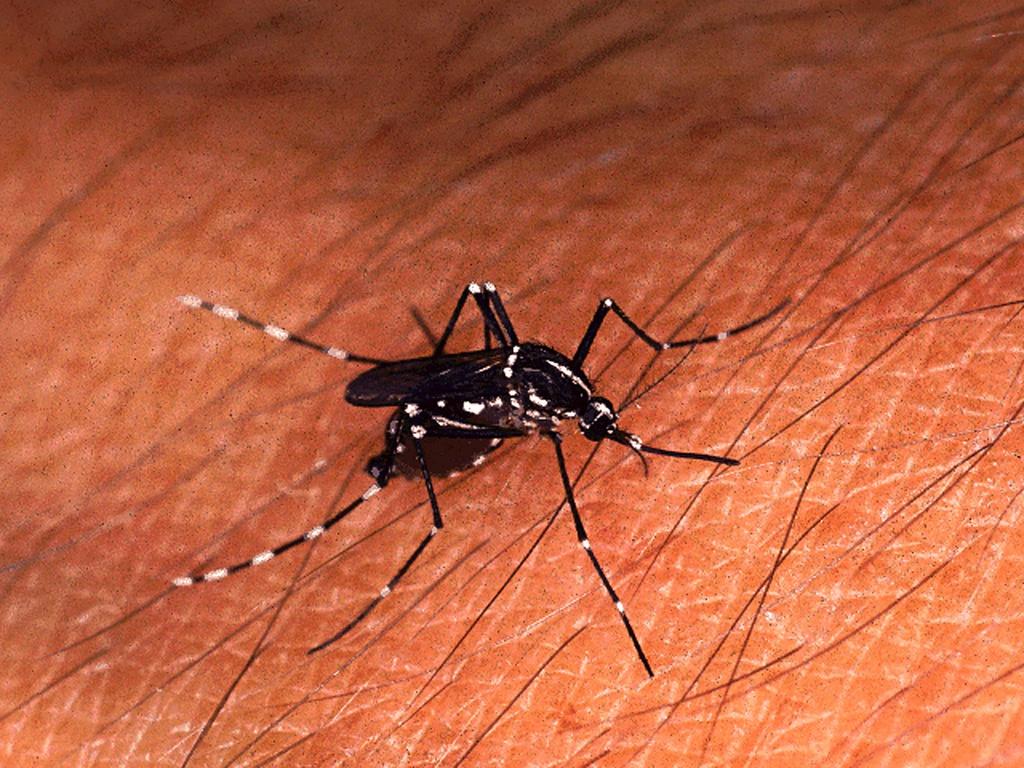Should refugees be screened for infections?

Almost half of Eritrean refugees in Switzerland have a non-transmittable parasitic flatworm disease, according to a study. Although this does not pose a danger to the Swiss population, should refugees be systematically tested for diseases? Scientists and the government disagree.
Afona Chernet, a researcher at the Swiss Tropical and Public Health InstituteExternal link in Basel, examined around 100 Eritrean refugees who had lived in Switzerland for less than a year. He was looking for infectious diseases that are common in Africa.
It was the first time such a study had been undertaken in Switzerland. The results were revealed in “10vor10External link”, a news programme by Swiss public television, SRF.
“Our findings should make the work of house doctors easier, because they are the ones who often come into contact with refugees here,” said Chernet, who is himself Eritrean and has a refugee background.
Almost half of the refugees were found to have schistosomiasis, also known as bilharzia, a disease most commonly found in Africa caused by parasitic flatworms. It is transmitted through snail larvae in fresh water and can cause problems for the intestines and the liver. If left untreated, it can be fatal.
About 20,000 Eritreans live in Switzerland, the largest Eritrean diaspora in the world. In addition, Eritreans make up the largest national group of asylum seekers in Switzerland.
Systematic screenings
Chernet was surprised that the refugees were completely unaware of their infection. “They also showed practically no symptoms. But because we now know that half of them are affected, it would make sense to test new arrivals [for the disease],” he said.
Study leader Niklaus Labhardt agreed that general practitioners in particular should be aware of the infection and that the government must work out corresponding information guidelines.
He also backed systematic screenings of new arrivals, explaining that those affected could be treated easily and cheaply.
People seeking asylum in Switzerland have to answer many questions but none on their state of health. Systematic health screenings were stopped years ago; the only disease new arrivals are tested for is tuberculosis.
“That’s enough,” said Daniel Koch, head of the infectious diseases department of the Federal Office of Public Health. “State guidelines and systematic screenings do not make sense.”

In compliance with the JTI standards
More: SWI swissinfo.ch certified by the Journalism Trust Initiative












You can find an overview of ongoing debates with our journalists here . Please join us!
If you want to start a conversation about a topic raised in this article or want to report factual errors, email us at english@swissinfo.ch.